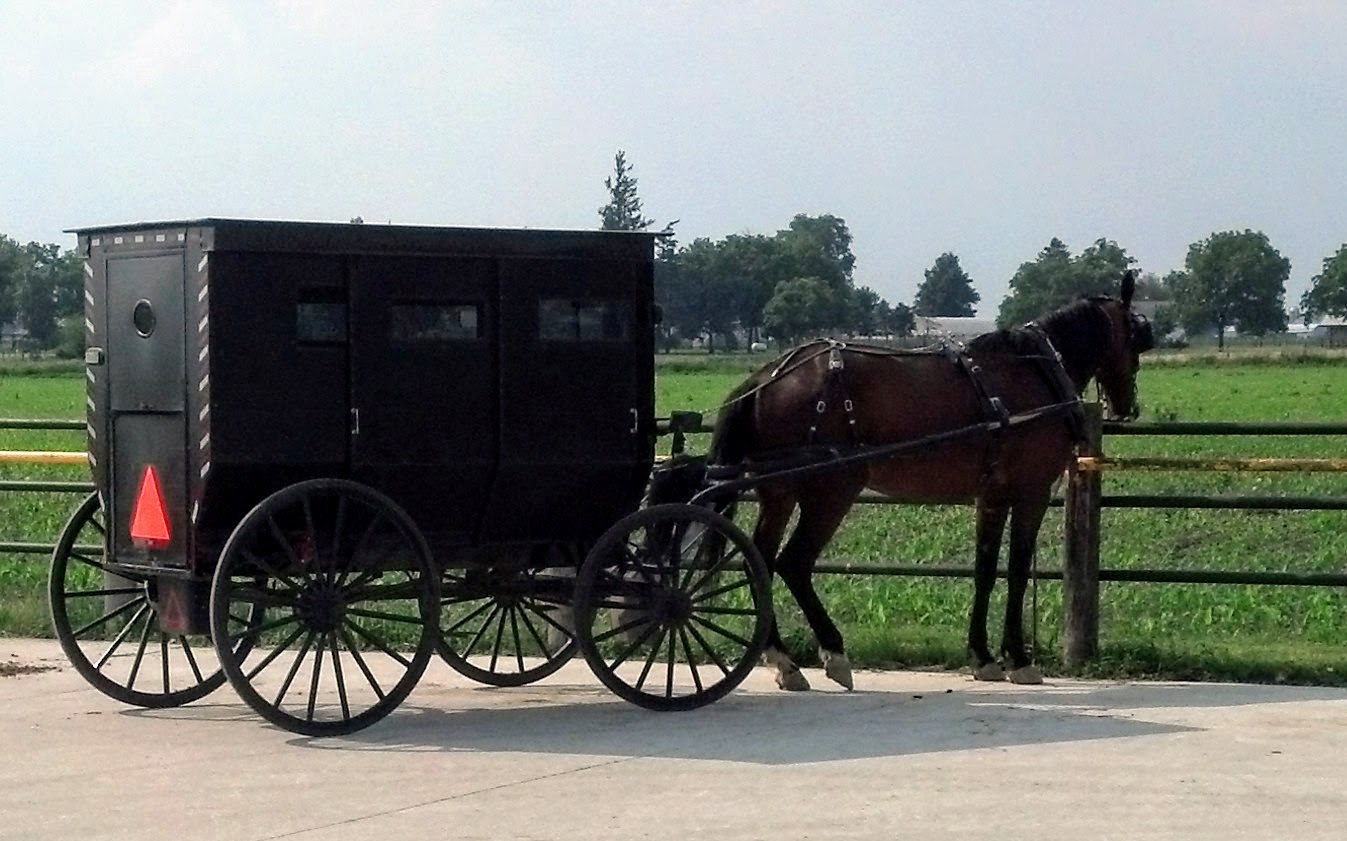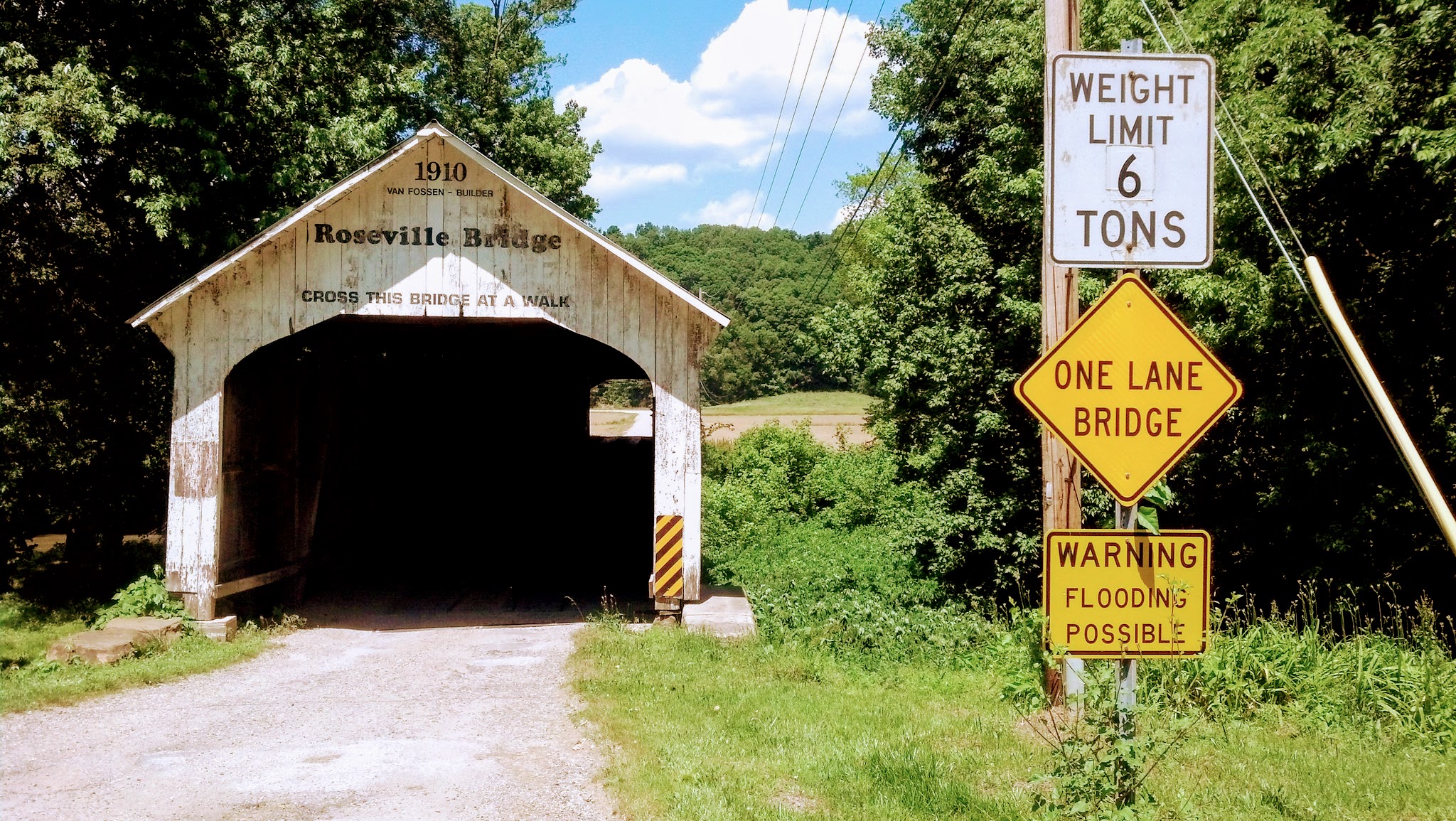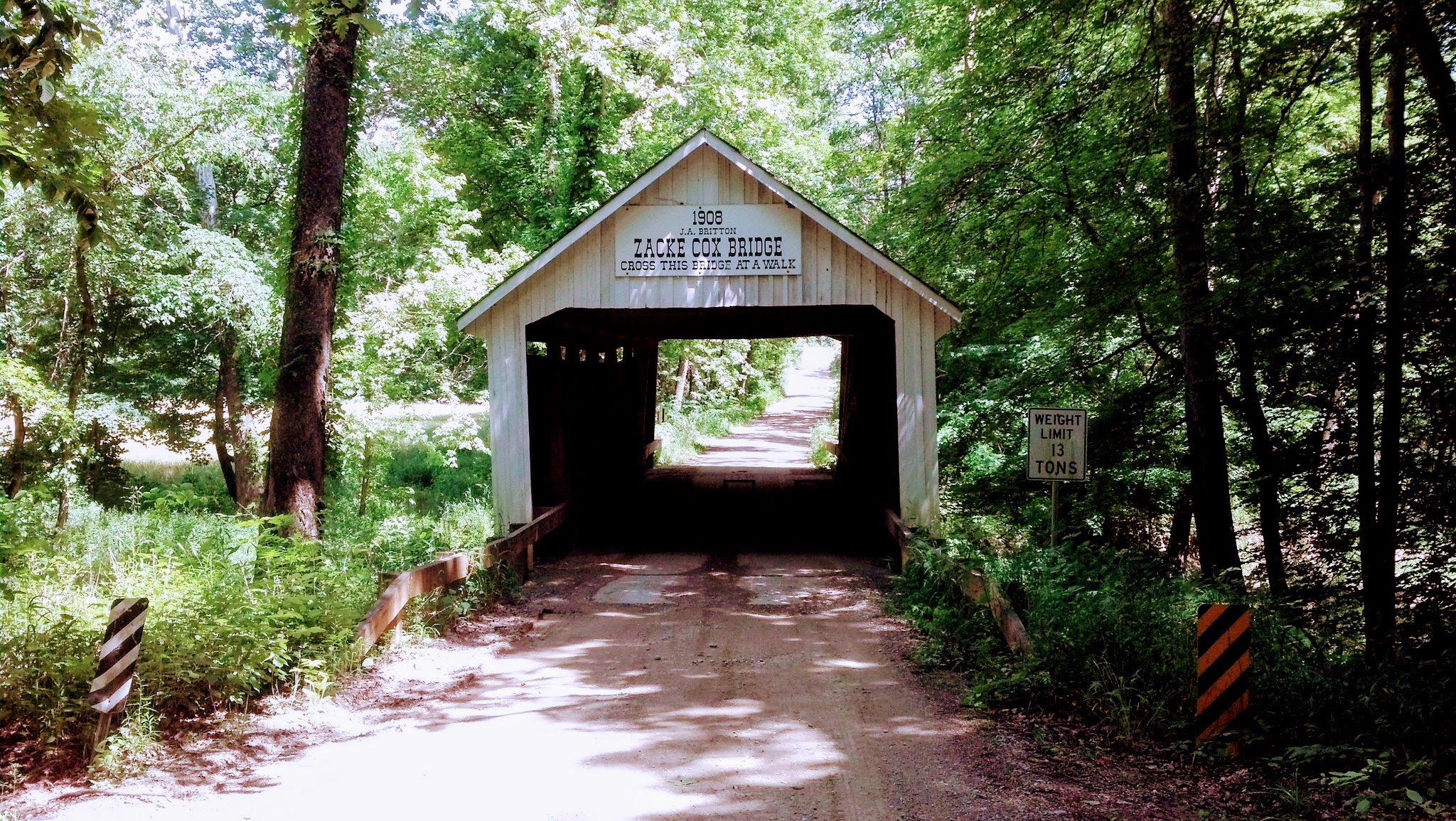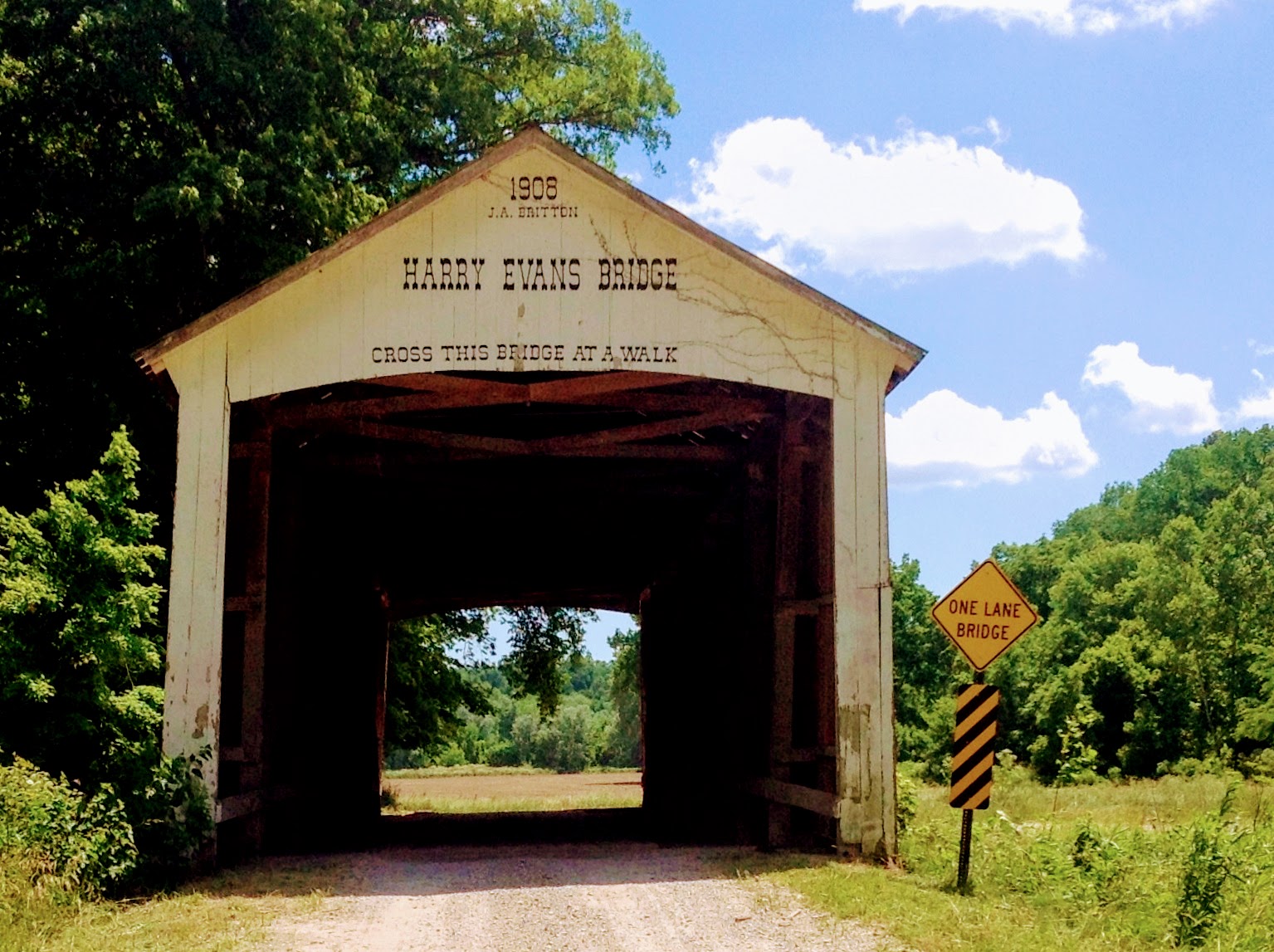Superhuman love
Hosea 11: I am God and not a human…I’m here — in your very midst.
As I begin reading this chapter I brace myself for more of the same: that God’s people have had every opportunity to serve him but have utterly failed and are now being kicked out. I think that’s what I’m going to see, but I’m wrong. Instead, I see a picture of God’s love for the sinner; a love so powerful that even when Israel appears to have sinned away the day of grace that God can’t give up on them. The Lord’s in anguish over their rejection and says, “How can I give up on you? How can I turn you loose?” It’s a dramatic vision of God’s love. In fact, it’s here I find myself face-to-face with love beyond human capacity. Even as I read these words of love and mercy I find myself wondering how God can go so far in his forgiveness and how he can love in such an overwhelming way. It’s then that I find the answer. God loves with intensity beyond what I can comprehend because of who he is. He’s God and not man. Here’s love in the superlative; super-human love. I thank God that today I am a recipient of that love.
Take Away: God is love.
Category: Devotionals
Archives of my daily devotionals
Devotional on Hosea

It isn’t over till it’s over
Hosea 12: What are you waiting for? Return to your God!
Hosea is unique in the Old Testament in his understanding of God. The opening “living parable” of his enduring love of his unfaithful wife flavors the entire book. Now, it isn’t all romantic love. There’s some strong medicine here, what could be called “tough love.” Still, it’s love. The Almighty is so in love with these people that he can’t let them go. The God who could wipe them out in a second instead calls to them and reasons with them and, yes, uses some tough love in dealing with them. In this passage the Lord illustrates his intentions by appealing to history. He reminds them that Jacob started out as a “heel” who even tried to manipulate his Creator. The Lord says that, in the end, he won and Jacob was changed into a new person. Now, this same God turns his attention to the current sorry state of things. He tells this rebellious nation that he loves them too much to cast them away. He says that in his love, he won’t give up and he won’t give in. They might as well surrender to it now because, ultimately, he’ll win. Today, I’m reminded that God doesn’t give up on people and I shouldn’t give up on them either. The person who seems the most lost; who has burned his bridges and declared his abandonment of the Lord is still on God’s radar screen. Really, it isn’t over till God says it’s over!
Take Away: The Lord doesn’t give up on people and I shouldn’t give up on them either.
Devotional on Hosea

God, making himself vulnerable
Hosea 14: O Israel, come back! Return to your God!
In his amazing love God calls out to his wayward people. To return to him is to their benefit. Otherwise, it’ll take tough love to turn them around and even as these words are spoken a “tornado” of judgment is coming their way. That’s a message I’m used to seeing in the prophets. There’s another message here and even though it’s seen in other places, it’s especially clear in the book of Hosea. If these sinning people return to God it will be to their benefit, but it will also be to his. As Hosea’s love reached out to his unfaithful wife so does God’s love reach out to a sinning humanity. It seems impossible, but I, as insignificant as I am, have the ability to both hurt and please the Maker of the universe. The reason for that is that he loves me with a love I cannot fully understand. God has allowed himself to be vulnerable in opening his heart to me and to all humanity. Today, the person who’s rejected God; who’s lived as an enemy of his; who, in my opinion, is practically beyond redemption, remains within the reach of God’s love. The Lord won’t force you to return but he reaches out to you in love even through the words of this little-read devotional.
Take Away: God is the God of Second Chances.
Devotional on Joel

Preaching on current events
Joel 1: Have you ever heard of anything like this?
There have been a few times when my Sunday sermon was 100% driven by current events. Some were huge, world shaking events like 9/11, hurricane Katrina, and Desert Storm. Others were powerful events on the more local level: the church gym being destroyed by fire or the death of a beloved member of the church. There are times when the preacher has to lay aside the sermon schedule and deal with what’s already on the minds of everyone. The prophet Joel ministers in such a time. A horrible plague of locusts has swept through the country devouring everything in its path. This is a disaster. Their crops are gone and there’s nothing to eat or with which to feed their livestock. Hunger and even starvation is a real danger. Realizing God has the attention of everyone Joel takes the situation at hand as his text and begins preaching his sermon. That sermon is the three chapter book of Joel.
Take Away: A sermon schedule can’t be driven by current happenings, but sometimes that’s exactly as it should be.
Devotional on Joel

Weeping with those who weep
Joel 1: Get them into God’s Sanctuary for serious prayer to God.
The event that drives Joel’s sermon is a natural disaster. A swarm of millions and millions of locusts have devastated the country. Every green thing has been stripped bare. The result is that famine is most certainly coming to the land. What are they going to do now? One thing Joel calls for is for people to take their fear and pain to the Lord. He says to the priests, “You, who lead people in worship, lead them in lament.” This is no time for empty promises that everything will be okay. Rather, this is a time for fasting and crying out to God. Joel takes his own advice and a few lines later he prays, “God! I pray, I cry out to you!” Today, I find this passage to be frighteningly instructive. It’s quite likely that our version of the disaster of Joel’s day will come. What is the church to do when a hurricane or earthquake or tornado sweeps through the community destroying lives and property? Joel says this is a time for pastors and other leaders to lead the community in lament; a time for “weeping with those who weep.” I’m not ignoring the good that can be done in practical ways, but I’m reminded here that the church isn’t to just “put on a happy face.” It’s okay, and even necessary, for God’s people to lead the way in crying out to God, declaring the pain and suffering of a community in the face of disaster.
Take Away: Sometimes it’s the role of the people of the Lord to lead the way in crying out to God.
Devotional on Joel

Praying in catastrophes
Joel 2: And here’s why: God is kind of merciful.
The prophet sees the natural catastrophe of the locust infestation as a judgment of God. It may be that the Almighty manufactured these bugs specifically to cause the people to stop their march to wickedness. God is God and he has ability to do stuff like that. On the other hand, it may be that the locusts are just a natural phenomenon that God is using to get their attention. Either way this is all under his authority. Joel tells his people that in the face of all that’s happening it’s time for a national turn around. He calls for more than a surface makeover but a real change in which they return to God with their whole hearts. If they do that, Joel promises, they’ll find God to be kind and merciful and they might just see the Lord intervene to cancel the catastrophe that has them reeling. One response to personal disaster should be a reexamination of our lives. If things aren’t as they should be this is a good time to ask the Lord to forgive us and ask him to help us get our act together.
Take Away: One response to personal disaster should be a reexamination of our lives.
Devotional on Joel
Living in the day of the Spirit
Joel 2: I will pour out my Spirit on every kind of people.
The Hebrew prophets were, in general, positive people. Sometimes they had negative messages to give and sometimes they spoke harshly but they always found a place to promise a better day. In the face of the natural disaster that has befallen his people, Joel calls for them to take stock of their lives and repent of their sin. Then he describes a coming better day. He sees a day when God will “make up for the years of the locust,” restoring what has been destroyed. He pictures tables full of food and people filled with words of praise and thanksgiving. Then Joel says, “If you think that stuff sounds good wait till you hear what else is coming!” He then describes a day of wonderful blessing in which God pours his Spirit out upon, not just one nation, but upon all the nations of the world. He says that in that day their sons and daughters will prophecy and people from all nations and stations of life will be blessed. This event, Joel says, will happen before the “Judgment Day of God.” Years later Peter will quote these words on the Day of Pentecost. Peter will tell people that they’re literally seeing this “Spirit pouring” promise being fulfilled before their very eyes. Even today, we live in that “in between” period of history. We’re between the outpouring of the Spirit and the Judgment Day of God. What a wonderful time in which to live! We’re in the “day of the Spirit.” This is the time when, according to Joel, “Whoever calls, ‘Help, God!’ gets help.”
Take Away: What a wonderful thing it is to live in the “day of the Spirit.”
Devotional on Joel

The only real security
Joel 3: God is a safe hiding place.
When the prophet describes God as a “safe hiding place” he isn’t talking about hiding from the natural disaster that’s struck the land. He’s moved forward in his sermon and is thinking about how the world as we know it will come to an end. He pictures a great final battle when God’s Judgment will fall over the earth. Joel says the forces of evil will come to do battle against the forces of God and that the Almighty will respond in full force, shaking the earth and sky in one unforgettable blow that will spell the end of all opposition to his Kingdom. Lest his own people fear that day, the Lord promises to, himself, be a “safe hiding place” for all who trust in him. We’re told that the end result of all this will be that “God has moved into Zion for good.” The fact is that natural disasters will come and go as the pages of history are turned. Most of the time, I’m merely a concerned spectator, watching from the sidelines. Some of the time, I can involve myself in some relief effort. Once in a while, maybe only once in a lifetime, I will find myself unhappily at the epicenter of it all. This passage reminds me that an event much greater than any of that is out there on the horizon of history. On that day everything’s going to come crashing down as Good and evil clash in a Creation-shaking battle. There’ll be no storm shelter secure enough and no place remote enough to protect me from it all. My only hope of safety is in God. As I live my life in him, I not only find strength for the unwelcome ordinary trials and tribulations of life, but shelter against this, the biggest storm of all.
Take Away: My only hope of safety is in the Lord.
Devotional on Amos

Just one of the shepherds
Amos 1: The Message of Amos, one of the shepherds of Tekoa.
Aside from the few words of introduction found in the opening of his writings, we know nothing of Amos. He isn’t a member of the royal family or priesthood and he doesn’t have any famous relatives. He describes himself as “one of the shepherds” of an unimportant town. Amos numbers himself with the poor and unprivileged people of his society. That standing flavors his entire ministry. When he speaks of poor people being mistreated he does so as one who has experienced that mistreatment. In about 40 years Israel will fall, rejected by God and defeated by her enemies. One of the reasons for that fall is that God’s people have separated themselves from the compassion of God to their poor. The book of Amos is an important book for people of all periods of history because, as Jesus said, “the poor you will always have among you.” How does God expect a prosperous nation to treat its poor? How does he expect we who live in comfortable, secure homes to treat those in our community who live in want? Finally, what if we fail at this point? Amos gives us a first-hand response to these questions.
Take Away: As a people of the Lord we can never separate ourselves from his compassion on the poor.
Devotional on Amos
Selling grandma for a buck
Amos 2: They’d sell their own grandmother.
The prophet begins his message by characterizing God as a prosecuting attorney who’s making his case against the accused. The Lord has been keeping records of the sins he’s seen and now he makes his case against them. Amos starts this prosecution by focusing on the nations surrounding Israel. I can imagine the cheers of agreement from his fellow countrymen as he does this. They have bones to pick with Tyre and Edom and Moab. Nothing pleases them more than hearing God pronounce his judgment on them. Then God’s man turns his attention to Israel. The formula “for three great sins, make that four” that was used in judging other countries is applied to Israel too. The meaning is that the more God looks into their affairs the more he finds wrong and worthy of condemnation. Concerning Israel, in particular, all the failures God mentions are clustered around how they treat poor people. The Lord charges that they see people as only “things – ways of making money,” he then adds, “They’d sell their own grandmother!” The Lord has a history of caring about people who are down and out. He also has a history of opposing those who take advantage of such people. As I read these words I find myself examining my own attitude toward the poor. I want to be on God’s side of this issue.
Take Away: The Lord cares for those who are society’s outcasts – his people are to join him in that concern.
Devotional on Amos
The lion’s roar
Amos 3: The lion has roared – who isn’t frightened?
Amos is a shepherd and his message is filled with illusions to his livelihood. He talks about birds and cattle and snakes, of shepherds and their unending battle to protect their flock against the predators. Some things, he says, are as plain as the nose on your face and it doesn’t take a genius to recognize them. If one hears a lion growling in pleasure, for instance, you know that it’s killed its prey. This stuff, he explains, is just how it is. Then Amos makes his application. When people rebel against God the Lord will act to remedy the situation. It doesn’t take a degree in theology to know that God won’t put up with sin forever. As a prophet of God, Amos is responsible for speaking God’s message. His sermons aren’t made up fiction or the rants of someone who’s stuck in the past. When you hear a lion roaring nearby the sane reaction is to be frightened. When God’s prophet says God is tired of his people living in rebellion it’s time to straighten up. If the roar of a lion gets our attention, how much more should words of warning from the spokesmen of God.
Take Away: It doesn’t take a degree in theology to understand that when people rebel against God the Lord will act to remedy the situation.
Devotional on Amos
Intentional worship
Amos 4: But you never got hungry for me. You continued to ignore me.
The people Amos preaches to are religious people. They’re faithful to attend worship services, to make the correct sacrifices, and to pay their tithes. The casual observer might conclude that they’re just the sort of people God wants. However, that isn’t the case. Amos complains that all they’re doing is putting on a religious show. At the core of all their religious activities is, not God, but themselves. Even as Amos delivers his sermons the Lord is acting to bring a stop to it all. The fact is that God won’t be ignored! He, who created me, demands that I focus my life on him. That’s true in all of my life, and it’s especially true in my religious life. The issue of what I “like” or “don’t like” is, ultimately, unimportant. God isn’t looking at the show I put on. Instead, he’s looking at my heart. The issue in play in my worship activities is whether or not I hunger for him. I want to do church “right.” I want the worship services I attend to be well thought out and intentional. However, beyond all of that, I want the Lord to see that more than anything else, my worship activities are a reflection of my hunger for him and of my rejoicing in his presence. God won’t be ignored and a God-ignoring worship experience is a waste of time.
Take Away: The Lord isn’t looking so much at how we do church as he is looking at our hearts.
Devotional on Amos

Before it’s too late
Amos 4: Prepare to meet your God!
I’ve heard a few sermons based on these words of Amos. In fact, I’ve even seen them lettered on homemade billboards erected along a few country highways, declaring (in King James language) “Prepare to meet thy God!” Frankly, I’m not all that impressed with the sermons or the signs and I believe that John 3:16 has more life changing potential than do these words from the prophet Amos. Still, here they are, so I have to concede that there’s a time and place for this message. So what is the time and place? According to Amos, God is tired of being ignored by his people. In an effort to get their attention the Lord has sent pestilence and disease, earthquakes and fires. Each time, when it seems that this is the “big one” that will end it all, they, like a stick snatched from the fire, are brought back from the brink of disaster. Now, though, the clock has run out. God, Himself, is appearing and the God they’re meeting is angry with them. In the context of this message, “prepare to meet your God” is a statement of judgment and not hope. These words aren’t intended to be a final warning. Instead, they’re a sentence of condemnation. When Amos says this, he isn’t saying, “It’s time to start getting ready.” Rather he’s saying, “It’s too late, the Judge is here!” Having said all that, obviously, I need to prepare now for my coming encounter with the Judge of the World. I don’t want to arrive at that day and hear the words of judgment: “Prepare to meet your God.”
Take Away: Now is the time to prepare for the certain coming encounter with the Judge of the World.
Devotional on Amos
Car shopping
Amos 5: You talk about God…being your best friend.
I was talking to a car salesperson about a car. He was a friendly guy, a bit rough around the edges, using a few words I don’t have in my vocabulary. Then, he asked me what I did for a living. I told him I was the pastor of a church. Guess what happened? Suddenly, he was a very faithful Christian man. He told me about his church and his pastor and some words disappeared from the conversation. Amos complains about people who claim God as their best friend but live very different lives than what the Lord demands. The big issue to Amos is how the poor are treated. He says that in his society “justice is a lost cause” and people are “kicking the poor when they’re down.” God’s man says that won’t cut it. I can’t expect to get away with giving the Almighty lip service while ignoring his directions on how I’m to live. Amos says, “You talk about God, the God-of-the-Angel-Armies, being your best friend. Well, live like it, and maybe it will happen.” By, the way, I bought my car elsewhere.
Take Away: Live like it.
Devotional on Amos
Worshiping to please the right Person
Amos 5: When was the last time you sang to me?
Toward the end of Amos 5 the Lord challenges almost everything about their church services. He says he can’t stand their meetings, conferences, and conventions. He washes his hands of their projects and goals and he says he can’t stand their singing which is more focused on what they like than on him. This message may be buried deep in the Minor Prophets but it should be right at the top of our concerns as Christians who go to church each Sunday. It isn’t that their services and conferences should be discontinued and it isn’t that their projects aren’t worthwhile. Also, this is no call to change the music style of the church (whatever it may be). It is, though, a powerful reminder of what (better stated, “Who”) it’s all about. The Lord says that what they’re doing is worthless, not because it’s worthless activity, but because they’re ignoring him and his purposes for their lives. God states, “Do you know what I want? I want justice – oceans of it. I want fairness – rivers of it. That’s all I want.” If I refuse God’s priority of caring for the poor, of helping the one who’s down and out then God will refuse my acts of worship. Maybe this passage needs to be read before we have our church planning meetings!
Take Away: If we’re missing the Lord’s priorities for the church the other things we do aren’t worth much.
Devotional on Amos

God’s call
Amos 7: I never set up to be a preacher, never had plans to be a preacher.
Amos starts out as an unknown, coming out of the fields near a small town to proclaim God’s message. His sermons are rough and tumble, filled with condemnation. They’re also specific: Amos names names. Now, he’s gotten the attention of some people who they don’t like what they’re hearing. In fact, they see his warning that a pagan army will “make hash of you” to be a threat to national security. One of the important priests, Amaziah, sends word to king Jeroboam that there’s a traitor in their midst who’s sowing seeds of fear. Amaziah then confronts Amos. He wants this farmer to go back to where he came from and do his preaching in that backwater place. The context of this confrontation is that Amaziah thinks Amos is just in it for the money and notoriety he’s getting and that he’s come to Bethel with his preaching show for more of the same. Amos stands up to the powerful priest and declares that he had no desire to preach in the first place. Unlike Amaziah, Amos has no family tree of ancestors who are clergy. He’s a mere farmer who’s heard from God and has been told to proclaim God’s message. To this day the Lord is still sending people into the ministry. Some of us heard that call while we were still young children. Others battled with it as teens, and still others, like Amos, were established in their lives and, in response to the call embarked on a whole new career. Amos is a poster child for all who are called by God, but he’s especially an example of how God sometimes calls adults who must walk away from one life and obey God in another.
Take Away: To this day the Lord is still sending people into the ministry.
Devotional on Amos
God Hunger
Amos 8: They’ll go anywhere, listen to anyone, hoping to hear God’s Word.
God warns that a famine is coming to the nation of Israel. This time, it won’t be a famine of food or water, but a famine of God’s Word. Now, Amos isn’t talking about a lack of leather bound Bibles. He’s talking about a time when God, Himself, goes silent. When that happens, the prophet says, people will roam the land seeking a message from the Lord. Amos ties this to the Judgment, a time when the God who has been available to them, reaching out to them, calling them to return withdraws the invitation. Many have abused the prophets, even murdering them in an attempt to silence their voices. Now, one of those prophets warns that they’re going to get their wish and that they won’t like it when they do. I’m reminded today that there’s a measure of God-hunger in every human being. There are times when people long for the touch of God on their lives. In their ignorance, they’ll substitute something else but whatever it is will fail to satisfy. Realistically, why settle for a poor substitute when the Real Thing is available? Happily, we aren’t living in the day Amos describes. Right this moment God is speaking, reaching out to all who’ll come. This isn’t an invitation to join a church. Rather, it’s an invitation to respond to the call of God to fellowship with him.
Take Away: Right this moment the Lord is speaking, reaching out to all who’ll come.
Devotional on Amos
God of the nations
Amos 9: Am I not involved with all nations?
Amos might as well have been speaking in another language so far as his audience is concerned. Without question, they have the corner on God. Hadn’t Moses been called by God to lead them out of Egyptian slavery? Hadn’t their great King David been chosen by God, himself? They’re the chosen people even if they don’t act like it. The prophet shatters their theology, telling them that God has an interest in all peoples, not just Israel. Even as his gracious hand was seen in the creation of Israel, it could also be seen in the creation of their neighbors: the Philistines and the Arameans. Granted, Amos goes right on to promise that unique blessings the Lord will pour out on Israel when he makes “everything right again for my people Israel.” Still, the point has already been made that God loves all his creation and that he’s working in the lives of all people, accomplishing his purposes. Of course, I want to enthusiastically endorse this message with a big “Amen.” Otherwise, I’m an outsider, blundering along, blindly feeling my way through life. God’s work among the nations may be different than what he was doing with Israel, but it’s just as real. I find it both interesting and encouraging that even in the book of Amos which is quite focused on Israel and Judah that I find this missionary element. Thank God!
Take Away: The Lord has an interest in all peoples
Devotional on Obadiah
Another living parable
Obadiah 1: You stood there and watched.
It’s hard to call Obadiah a “book” of the Bible. The whole thing is two and a half pages long and so small that translators decided not to divide it into chapters. It’s also unique because the prophecy of Obadiah is addressed to a nation other than Israel or Judah. Obadiah is focused on their neighbor Edom. Way back in the book of Genesis we find the story of the unlike twins, Jacob and Esau. Here we find the expectant mother Rebekah experiencing such movement within her that she’s concerned about it. The Lord tells her that she’s pregnant with twins and that the two boys will be the founders of two nations that will never get along. In fact, they’re getting a head start on the conflict by fighting while still in the womb. No wonder Rebekah is both uncomfortable and concerned! The first born is Esau who becomes the founder of Edom. The younger is Jacob, who’s later called Israel. In Obadiah we find ourselves hundreds of years down the road. Israel is going through some devastating defeats while Edom watches from a safe distance. Not only does Edom watch it all but they rejoice in what they see. Their ancient enemy is being beaten up to the point of destruction. God’s man, Obadiah, turns his face toward this “brother” of Israel and utters a prophecy of condemnation. Edom and Israel may have a long history of disagreement but they’re still brothers who claim a common ancestry to Isaac. Obadiah tells them that by just watching and even cheering what’s happening to Israel that they’ve made themselves party to all the evil that’s being done. So to my surprise, even though I’m reading a tiny, little-read book of the Old Testament, I realize I’m reading a real life version of the parable of the Good Samaritan. In Obadiah’s scathing words, I see what God thinks of people who fail to show compassion on others, even their enemies, in their time of need.
Take Away: So, who is my neighbor?
Devotional on Obadiah

Good news for people who don’t find harp playing especially attractive
Obadiah 1: A rule that honors God’s kingdom.
The final words of Obadiah’s prophecy describe a coming golden age in which God’s people will be restored to their homeland. Beyond that, they’ll live righteously, in sync with the Lord’s purposes for them. Because of that they’ll be put in charge, ruling even over their old enemies of Edom. Their rule will not be that of a conquering nation, grinding their enemies into the ground, but a fair and just one, representative of their God who loves all human beings. I find it interesting that the Apostle Paul reflects this concept in his second letter to Timothy. Paul writes: “If we died with him, we will also live with him; if we endure, we will also reign with him.” At the very beginning of the Bible I see Adam and Eve who are placed in dominion over the earth. In this passage from Obadiah, I find a promised brighter day in which God’s people rule justly, throwing off the old animosities. Then, I see Paul looking forward to the return of Christ and his righteous people ruling with him. I don’t claim to understand all that might include, but it sounds like God has more in store for his people than merely sitting on a cloud playing a harp.
Take Away: As a people of the Lord we’re to reflect his love for all human beings.
